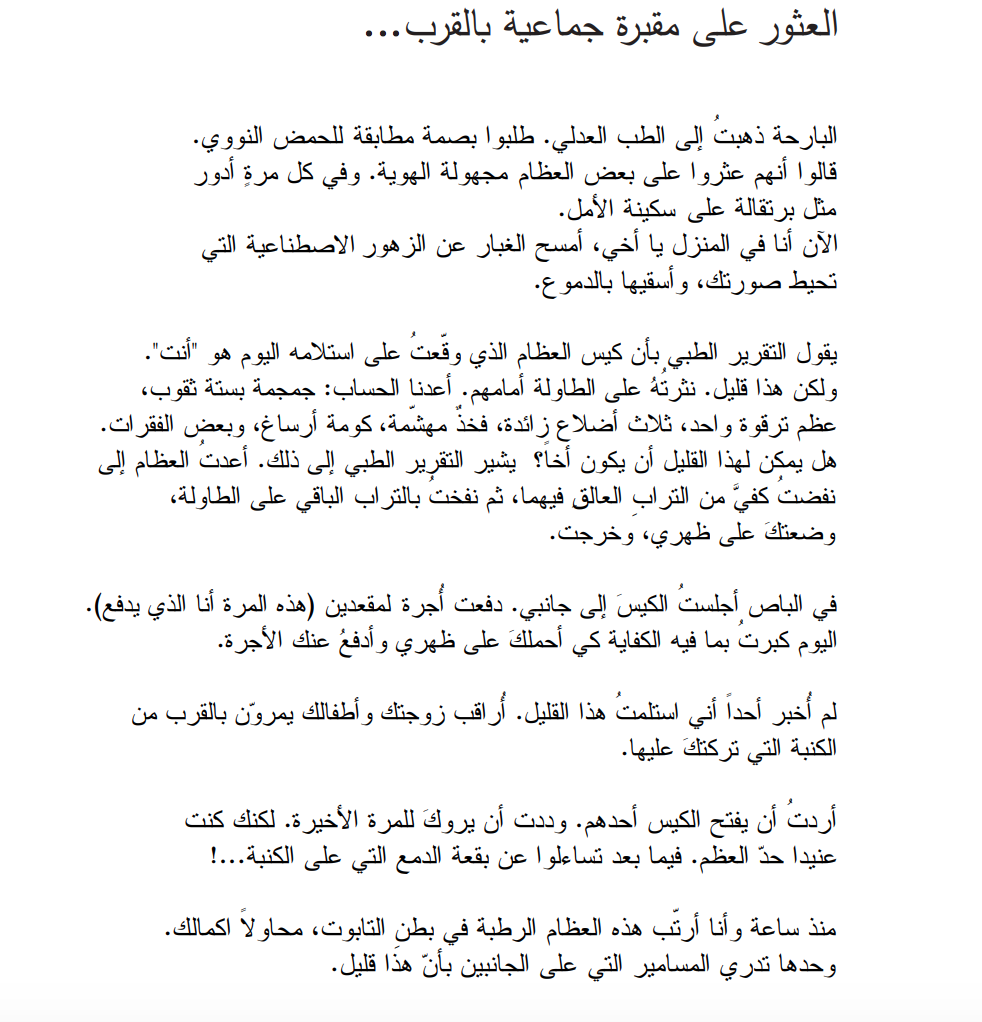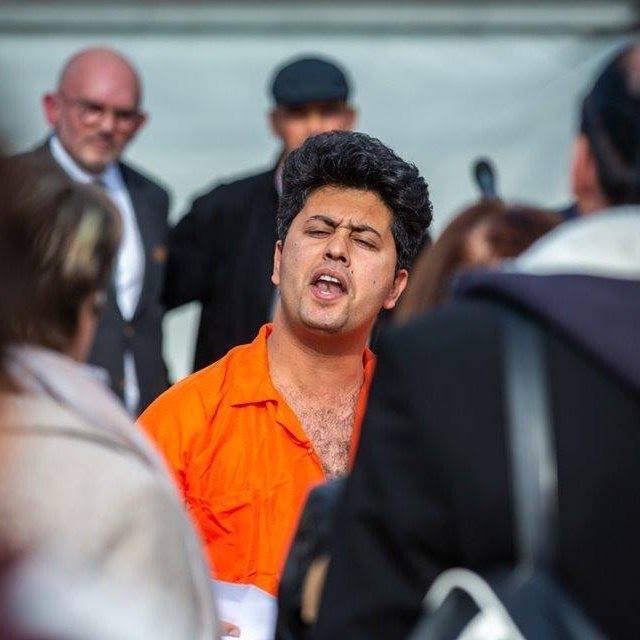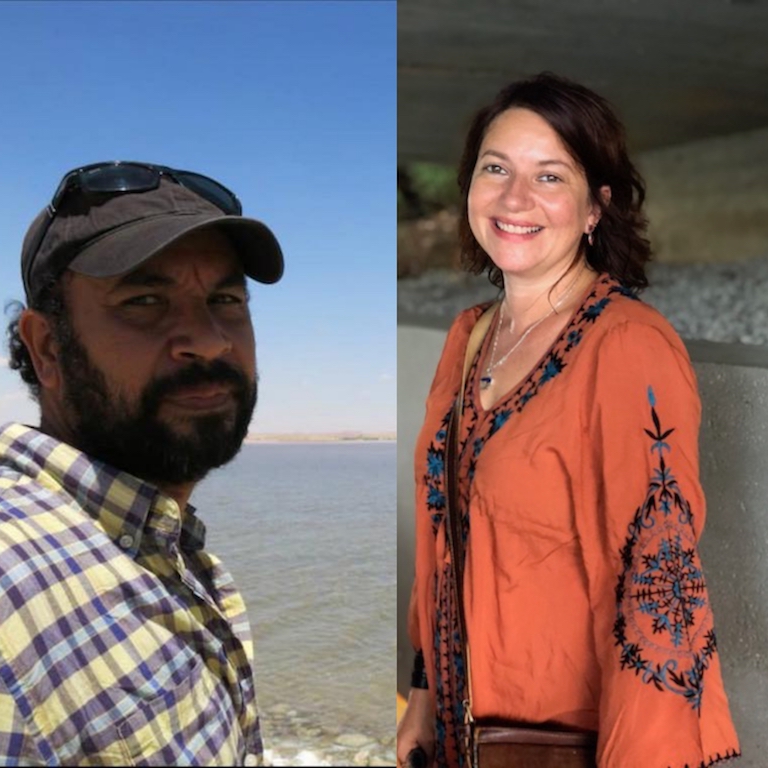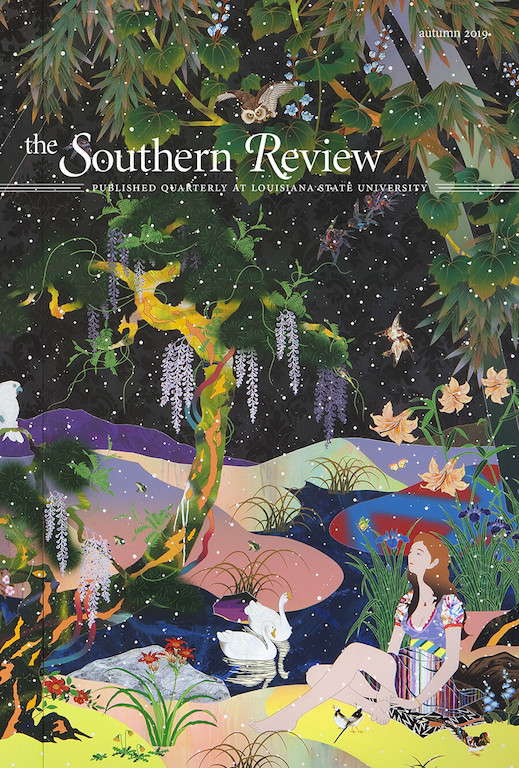Yesterday I went to the forensic office. They’d asked for a fingerprint to match the DNA. They told me they had found some unidentified bones, and here I am again, circling like an orange on the knife of hope. Now I am at your home, Brother. I dust the plastic flowers that surround your picture and water them with tears.
The forensic report says that the sack of bones I signed to receive today is you, but there’s so little. I display them on the table in front of them. We redo the math. A skull with six holes, one collarbone, three extra ribs, a demolished thighbone, a pile of wristbones, a bit of spine. ls it possible that so little could be a brother?
The forensic report says so. I put the bones in the sack. I wipe my hands of their dust. I blow the dust off the table, and I carry you on my back and walk.
On the bus, I sit the sack next to me. I pay for two seats. (This time I am paying.) Today, I grew up enough to carry you on my shoulders and pay your fare.
I do not tell anyone that I received so little. I watch your kids and your wife pass by the sack that I’ve placed on the couch. I want one of them to open the sack. I want them to see you for the last time, but you are so tough. Tough as bones. Later on, they ask about the spot of tears on the couch.
It’s been an hour now, and I’ve been trying to organize these damn bones inside the coffin. Trying to complete you. Only the coffin nails on both sides know it’s so little.







